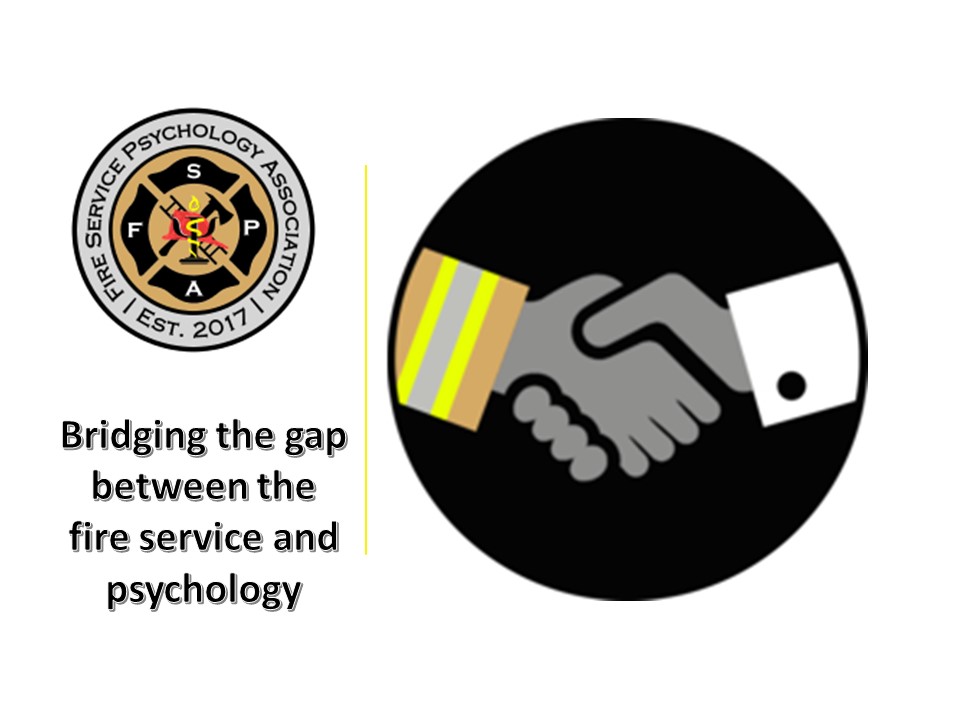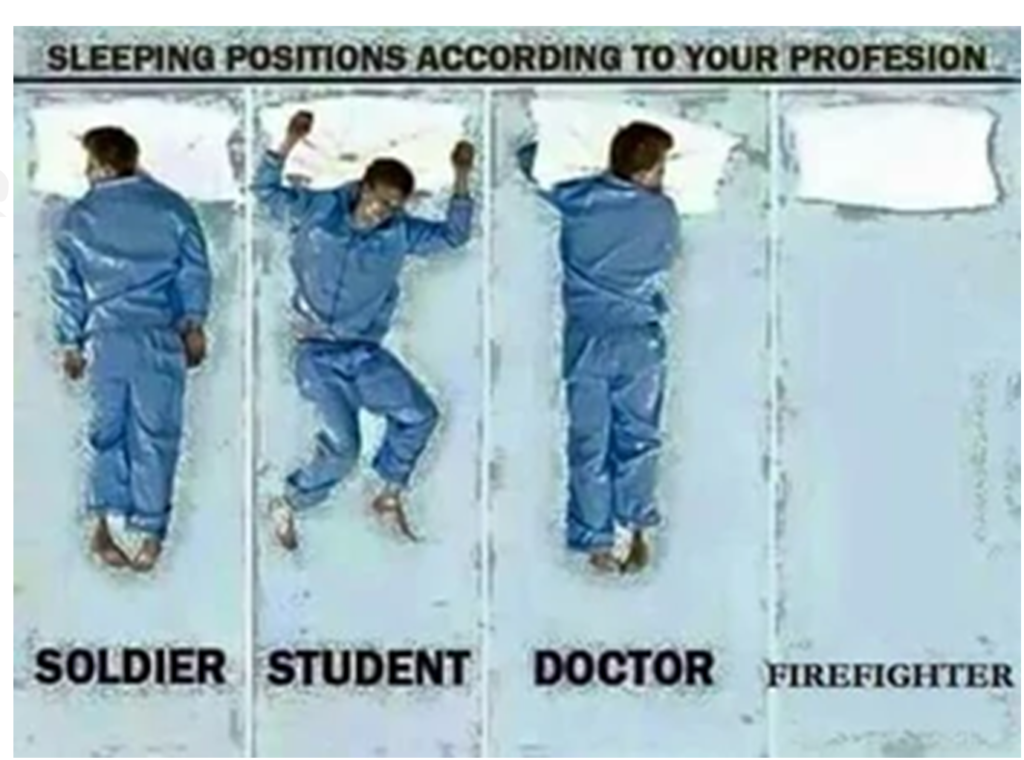By: Robert Avsec, Executive Fire Officer
In April 2018 (Yep, four years ago!) I wrote a piece, Why Do We Keep Working 24-hour Shifts–When They’re Probably Killing US? that looked at the physiological and mental toll that exacts on firefighters who work 24-hour shifts.
Recently, I took part in an online panel discussion hosted by my colleague at the Fire Service Psychology Association, Dr. Mark Kamena, for a group of his psychology students and faculty at the Wright Institute in Berkeley, California.
My presentation, Sleep Deprivation and Shift Work and Their Effects on Firefighters, was designed to inform and educate those current and future psychologists about the various work schedules used by fire departments, how working those schedules affected firefighters and their sleep while on duty, and the effects of sleep deprivation on firefighter job performance, as well as their physical and mental health.
During the Question-and-Answer segment following the presentation, one of the first questions posed to me was “Why do firefighter keep working 24-hour shifts?” The second question was “Why would firefighters want to work a 48-hour shift?” The latter question was prompted by the segment of my presentation that described the 48-hours on, 96-hours off, schedule that some fire departments have adopted.
And I did not have a satisfactory answer for either question. One of the many quotes from the late Alan Brunacini, long-time fire chief for the Phoenix (Ariz.) Fire Department and tireless advocate for firefighter safety, health, and well-being, went something like this, “Never operate heavy master streams into a structure where firefighters are still inside. It’s like an army officer ordering artillery on to their current position!”
Is this not what we are doing when we require firefighters to work 24-hour or 48-hour tours of duty?
In its study entitled Sleep-Wake Cycle: Its Physiology and Impact on Health, the National Sleep Foundation found that sleep deprivation has an adverse effect on:
- Physical health and well-being. In the past few years, investigators have found that sleep loss may have harmful consequences for immune and endocrine systems and can contribute to serious illnesses such as obesity, diabetes and hypertension.
- Cognitive performance and mood. One study showed that people who were awake for up to 19 hours scored worse on performance and alertness tests than those who were legally intoxicated.
The International Association of Fire Chiefs IAFC has taken a proactive stance by listing resources on its website to aid Fire & EMS organizations in taking an objective approach in dealing with sleep deprivation. These resources include a computer-based educational program, along with background information on normal sleep physiology and the health and performance effects of sleep deprivation. The IAFC also describes specific approaches for reducing the negative impact of sleep deprivation such as showing those particularly susceptible to risks of sleep deprivation, individual mitigating strategies and work-related issues.
Read Next: Effects of Sleep Deprivation on Fire Fighters and EMS Responders (IAFC Report)
Put simply, long work hours — defined as shifts lasting more than 10 hours — have been clearly linked to errors in tasks that require vigilance and focused alertness, such as driving an ambulance and providing patient care. ( Maggiore, W.A., Sleep Deprivation Study Details Effects of Shiftwork in EMS)
 Fire & EMS Leader Pro The job of old firefighters is to teach young firefighters how to become old firefighters!
Fire & EMS Leader Pro The job of old firefighters is to teach young firefighters how to become old firefighters!


